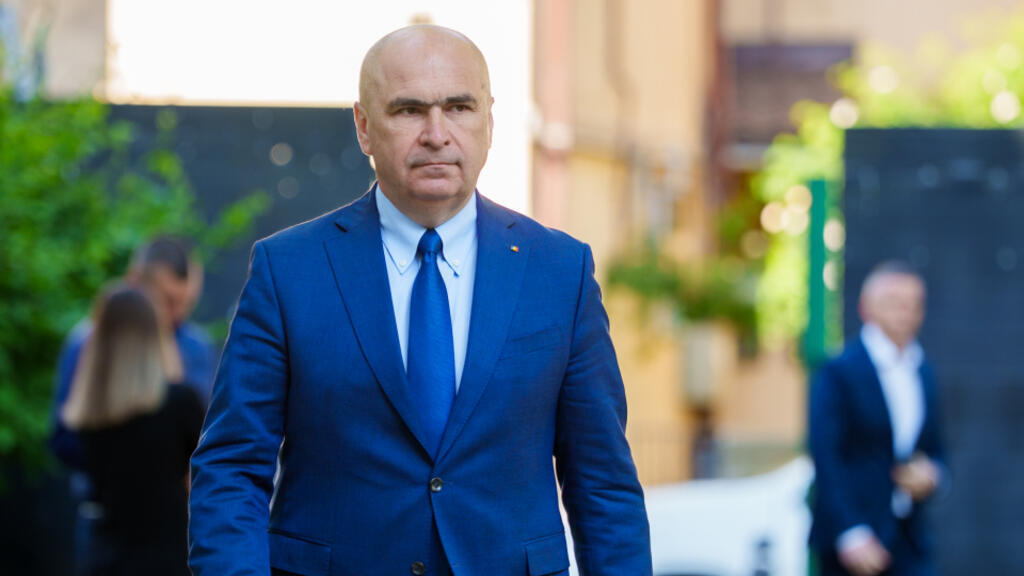Commission fines pharma companies €13,4 million in antitrust cartel settlement
The European Commission has fined Alkaloids of Australia, Alkaloids Corporation, Boehringer, Linnea and Transo-Pharm a total of €13,4 million for participating in a cartel concerning an important pharmaceutical ingredient. C2 PHARMA was not fined as it revealed the cartel to the Commission under the leniency programme. All six companies admitted their involvement in the cartel and agreed to settle the case.

“Today we impose a fine on companies for illegally coordinating prices and allocating quotas for an active pharmaceutical ingredient used to produce widely prescribed drugs. This is our first cartel decision in such an important sector, where competition is essential to provide access to affordable medicines.”Commissioner Didier Reynders, in charge of competition policy – 19/10/2023
The investigation
The product concerned by the cartel is N-Butylbromide Scopolamine/ Hyoscine (‘SNBB‘). SNBB is an important input material to produce the abdominal antispasmodic drug Buscopan and its generic versions.
The Commission’s investigation revealed that the six companies coordinated and agreed to fix the minimum sales price of SNBB to customers (i.e., distributors and generic drug manufacturers) and to allocate quotas. In addition, the companies exchanged commercially sensitive information.
The Commission’s investigation revealed the existence of a single and continuous infringement in the European Economic Area (‘EEA’), spanning from 1 November 2005 to 17 September 2019. The participants were either producers or distributors of SNBB. The following table details the duration of each company’s involvement in the infringement:
| Company | Start | End |
| Alkaloids of Australia | 1 November 2005 | 17 September 2019 |
| Alkaloids Corporation | 1 November 2005 | 17 September 2019 |
| Boehringer | 1 November 2005 | 31 December 2014 |
| C2 PHARMA | 22 January 2015 | 4 February 2016 |
| Linnea | 2 October 2006 | 17 September 2019 |
| Transo-Pharm | 21 June 2011 | 17 September 2019 |
This is the first time that the Commission sanctions a cartel in the pharmaceutical sector and in relation to an active pharmaceutical ingredient. The Commission cooperated and coordinated certain investigative activities with the Swiss and Australian competition authorities.
In the context of this investigation, the Commission opened proceedings against a seventh company, Alchem, which decided not to settle. Alchem is not covered by this settlement decision and therefore the investigation will continue under the standard (non-settlement) cartel procedure for this company.
Fines
The fines were set on the basis of the Commission’s 2006 Guidelines on fines (‘ Guidelines’ – see also MEMO).
In setting the fines, the Commission took into account in particular, the value of SNBB sales relating to the infringement, the nature of the infringement and its multifaceted features, its geographic scope and its duration.
Three companies cooperated with the Commission under the leniency programme (2006 Leniency Notice):
- C2 PHARMA received full immunity for revealing the cartel avoiding a fine of around €807 000;
- Transo-Pharm and Linnea benefited from a reduction of their fines for their cooperation with the Commission’s investigation. The reductions reflect the timing of their cooperation and the extent to which the evidence they provided helped the Commission prove the existence of the cartel in which they were involved.
In addition, under the Commission’s 2008 Settlement Notice, the Commission applied a reduction of 10% to the fines imposed on the companies in view of their acknowledgment of their participation in the cartel and of their liability in this respect.
The breakdown of the fines imposed on each company is as follows:
| Company | Reduction under the Leniency Notice | Reduction under the Settlement Notice | Fine |
| C2 PHARMA | 100% | 10% | 0€ |
| Transo-Pharm | 50% | 10% | 98 000€ |
| Linnea | 30% | 10% | 1 791 000€ |
| Alkaloids of Australia | — | 10% | 559 000€ |
| Alkaloids Corporation | — | 10% | 537 000€ |
| Boehringer | — | 10% | 10 401 000€ |
Background
Article 101 of the Treaty on the Functioning of the European Union and Article 53 of the EEA Agreement prohibit cartels and other restrictive business practices.
The Commission’s investigation was triggered by an application under the Commission’s 2006 Leniency Notice submitted by C2 PHARMA in April 2019. This was followed, after the inspections in September 2019, by successive applications for reduction of fines by Transo-Pharm and Linnea.
More information on this case will be available under case number AT.40636 in the public case register on the Commission’s competition website once confidentiality issues have been resolved. For more information on the Commission’s action against cartels, see its cartels website.
The settlement procedure
Today’s decision is the 42th settlement since the introduction of this procedure for cartels in June 2008 (see press release and MEMO). In a cartel settlement, parties acknowledge their participation in the infringement, and their liability for it. They also accept the maximum amount of the fine which the Commission intends to impose. Cartel settlements are based on Antitrust Regulation 1/2003, and allow the Commission to apply a simplified and shortened procedure. This benefits consumers and taxpayers as it reduces costs. It also benefits antitrust enforcement as it frees up resources. Finally, the parties themselves benefit in terms of quicker decisions and a 10% reduction in fines.
Leniency programme
The Commission’s leniency programme gives companies the opportunity to disclose their participation in a cartel and cooperate with the Commission during an investigation. A successful leniency applicant will either completely avoid a potentially high fine or receive a substantial reduction from it. Further information about the Commission’s leniency programme can be found here.
The Commission has recently published a Frequently Asked Questions document, which provides guidance on its leniency policy and practice to potential applicants.
Whistleblower tool
The Commission has set up a tool to make it easier for individuals or companies to alert it about anti-competitive behaviour while maintaining their anonymity. This tool protects whistleblowers’ anonymity through a specifically-designed encrypted messaging system that allows two way communications. The tool is accessible via this link.
Action for damages
Any person or company affected by the anti-competitive behaviour described in this case may bring the matter before the courts of the Member States and seek damages. The case law of the Court and Council Regulation 1/2003 both confirm that in cases before national courts, a Commission decision constitutes binding proof that the behaviour took place and was illegal. Even though the Commission has fined the cartel participants concerned, damages may be awarded without being reduced on account of the Commission fine.
The Antitrust Damages Directive, makes it easier for victims of anti-competitive practices to obtain damages. More information on antitrust damages actions, including a practical guide on how to quantify antitrust harm, is available here.
© European Union, 2023
Editor, Andreea Gudin

 acum 1 an
306
acum 1 an
306
























 English (US) ·
English (US) ·  Romanian (RO) ·
Romanian (RO) ·